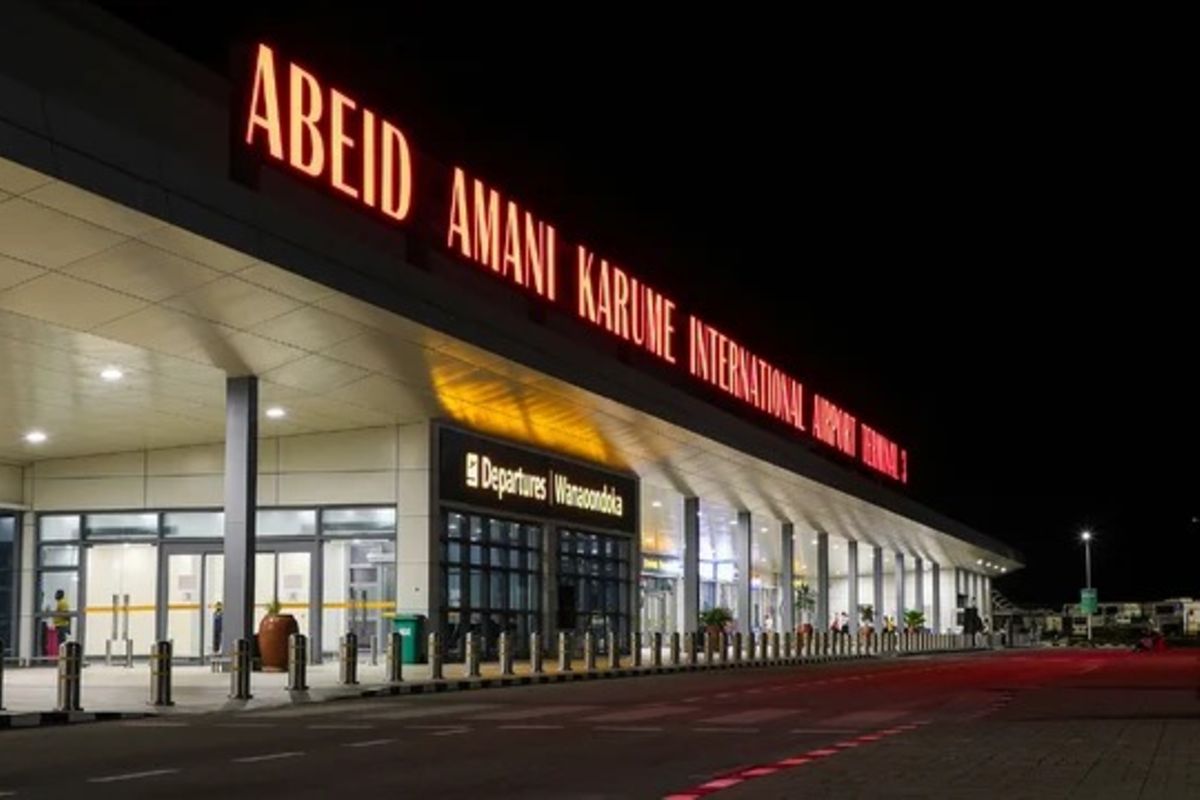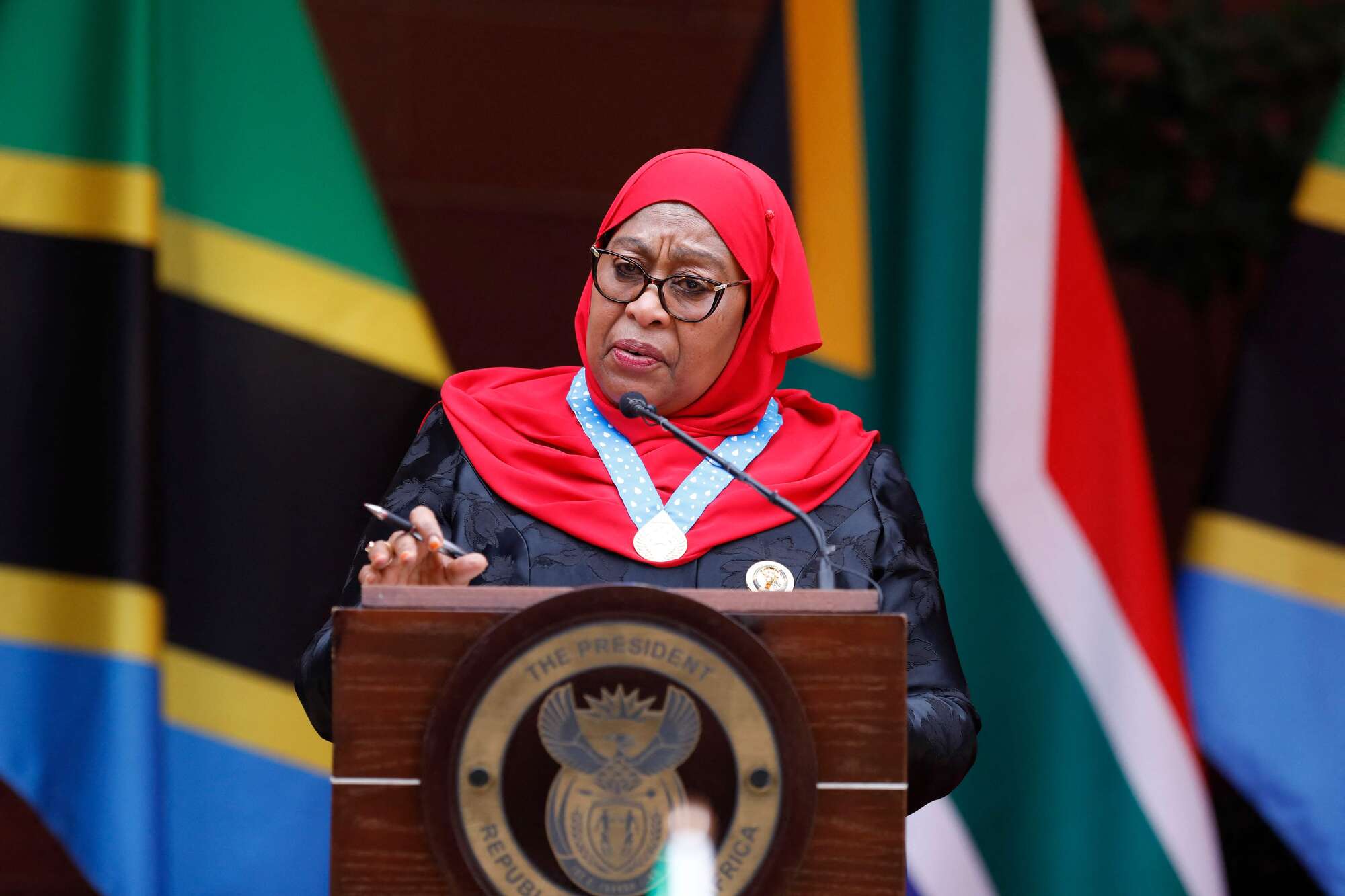Dodoma. Serikali imesema ipo kwenye mchakato wa kuifanyia mapitio sera ya habari na utangazaji ili kuona namna ya kubadilisha sheria ya umiliki wa vyombo vya habari, ambayo inamtaka mzawa kumiliki asilimia 51 na mgeni kumiliki asilimia 49.
Hayo yamesemwa leo Mei 3,2024 na Waziri wa Habari, Mawasiliano na Teknolojia ya Habari Nape Nnauye wakati akizungumza kwenye maadhimisho ya siku ya uhuru wa vyombo vya habari duniani iliyofanyika leo Mei 3,2024 jijini Dodoma.
Amesema sheria hiyo ni sehemu ya madai ya waandishi wa habari ambao wanataka umiliki wa vyombo vya habari ubadilishwe na kusema kuwa hata kama watabadilisha sheria, lakini sera ya habari na mawasiliano imeweka uwiano huo.
“Kwa hiyo ni lazima kwanza tubadilishe sera ndipo tuje tubadilishe na sheria kwa sababu tukibadilisha sheria tutakuja kubanwa kwenye sera, na ikumbukwe kuwa sheria zinatokana na sera iliyopo,” amesema.
Amesema kwa sasa Serikali ipo kwenye mchakato wa kupitia sera kwa kushirikiana na wadau ili waweze kuzibadilisha na ikibidi kubadilisha kifungu hicho cha sheria.
Kuhusu ulinzi na usalama wa wanahabari wakati wa uchaguzi, Nape amesema Serikali kwa kushirikiana na wadau imejipanga kuwalinda wanahabari wanapotekeleza majukumu yao, na kutaka elimu kuhusu usalama itolewe kwa wanahabari wote.
Pia, Nape amesema Tanzania inaongoza Afrika Mashariki kwenye ukinara wa kuheshimu uhuru wa habari 2024.
“Tanzania leo ni maadhimisho ya 31 ya siku hii tangu azimio la Windhoek nchini Namibia yanayofanyika katika Jiji la Dodoma. Maadhimisho hayo kauli mbiu yake ni ‘tuilinde dunia kupitia uhuru’.
“Wakati tunaadhimisha siku hii, takwimu toka World Press Freedom Index 2024 zimeonyesha Tanzania kufanya vizuri kwenye kuheshimu uhuru wa habari kwa kushika nafasi ya 97 kwa mwaka 2024 toka nafasi ya 142 kwa mwaka 2023,” amesema Nape.
World press freedom index inaratibiwa na Taasisi ya Reporters without boarders (RWB) (RSF).
Nape amesema Tanzania imepanda kwa kasi kwa nafasi 46 na kuziacha nchi nyingine za ukanda wa Afrika ya Mashariki nyuma ambazo ni Kenya (nafasi 102), Uganda (nafasi 128), DRC (nafasi 123), Rwanda (nafasi 144), Sudan Kusini (nafasi 136) na Ethiopia (nafasi 141).
Amesema hali ya Tanzania kwenye kuheshimu uhuru wa habari umepanda na kupewa alama za juu lakini, Tanzania imepanda kwa kila kiashiria kilichoshindanishwa kati ya viashiria vitano.
Viashiria hivyo ni kisiasa kwa mwaka 2024 Tanzania imepata alama 94 kutoka alama 138 kwa mwaka 2023, kiuchumi, Tanzania imepata alama 108 kwa mwaka 2024 toka alama 157 kwa mwaka 2023.
Viashiria vingine ni sheria za nchi, Tanzania kwa mwaka 2024 imepata alama 120 toka alama ya 159 kwa mwaka 2023, kijamii Tanzania kwa mwaka 2024 imepata alama ya 82 toka alama ya 128 kwa mwaka 2023 na usalama na ulinzi kwa mwaka 2024 Tanzania imepata alama ya 98 toka alama ya 107 kwa mwaka 2023.
“Kwa maoni yangu hii ni hatua muhimu sana nchi licha ya kuendelea kuwepo kwa changamoto ndogondogo, kama masilahi duni kwa waandishi wa habari na baadhi ya sheria zisizo rafiki kwa taaluma ya habari.
“Jana jijini Dodoma nilipokuwa nawasilisha mada ya hali ilivyo kwa nchi nyingine za Afrika ikiwa ni mkutano mdogo wa pembeni nilitamka bayana kuwa kwa mwaka huu ni lazima Tanzania itapanda kwenye ‘rank’ ya kuheshimu uhuru wa habari na kweli imetokea.”
“Kwa nini nasema hivyo? Hii ni kutokana na mwenendo wa Tanzania ndani ya mwaka mmoja, kwani ilichukua hatua muhimu ikiwemo mabadiliko ya sheria ya huduma ya vyombo vya habari 2016, na baadhi ya kanuni za sheria ya Epoca 2010 jitihada za Mamlaka ya mawasiliano Tanzania (TCRA) kwenye kutoa elimu ya kuzijua sheria za utangazaji na kimtandao zimesaidia waandishi kuishi kwenye maadili ya kitaaluma,” amesema Nape.
Pia, ametoa angalizo kuwa wanahabari wanapojifariji wakumbuke tunawajibu wa kuendeleza hali hiyo ili mwakani Tanzania ishike nafasi nzuri zaidi.
Kwa upande wake rais wa Umoja wa Klabu za Waandishi wa Habari Tanzania (UTPC), Deogratius Nsokolo ameomba Serikali kurejesha bima ya afya kwa makundi maalumu ili waandishi wa habari waweze kumudu gharama za matibabu, kwani wengi wao hawana mikataba kwenye vyombo vya habari wanavyovifanyia kazi.
Amesema kuondolewa kwa bima hiyo kumewaathiri kwa kuwa wengi walijiunga na bima hiyo kupitia utaratibu wa makundi baada ya kusitishwa wengi hawapati huduma ya matibabu.
Mwandishi wa habari mkongwe, Salim Said Salim amesema kuna matukio ya kuwashambulia waandishi wa habari kipindi cha uchaguzi mkuu, ikiwemo kupigwa, kunyang’anywa vitendea kazi na kujeruhiwa.
Ameliomba Jeshi la Polisi kutoa ushirikiano wakati wa uchaguzi na hasa kwenye kampeni, ili panapotokea vurugu wawasaidie.
Source: mwananchi.co.tz














